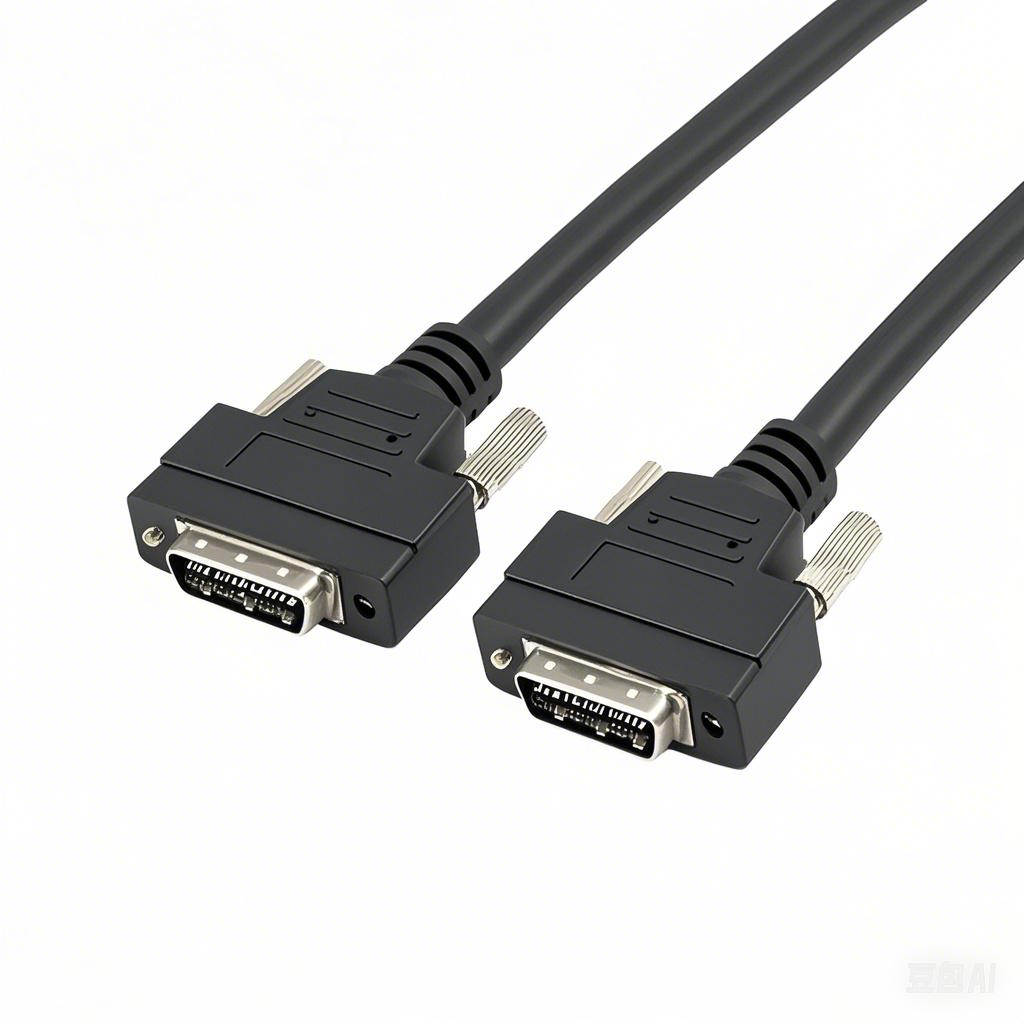What are the advantages of using flexible industrial cable
In the realm of industrial operations, the choice of cables plays a pivotal role in ensuring smooth and efficient functionality. Among the various types available, flexible industrial cables have emerged as a preferred option for many industries. Their unique design and properties bring forth a multitude of advantages that cater to the diverse and demanding needs of industrial settings.
One of the primary advantages of flexible industrial cables is their exceptional adaptability to complex and confined spaces. Industrial environments often feature intricate machinery layouts, tight corners, and limited access areas. Traditional rigid cables struggle to navigate these spaces without getting damaged or causing hindrance to the equipment. In contrast, flexible industrial cables, with their ability to bend and twist easily, can be routed through narrow pathways, around obstacles, and into tight spots with great ease. This flexibility simplifies the installation process, reduces the need for extensive modifications to the existing infrastructure, and ensures that the cables fit perfectly within the available space. For example, in automated manufacturing plants where robots and conveyor belts move in various directions, flexible cables can follow the motion of the equipment without any strain, minimizing the risk of cable failure.
Another significant benefit is their enhanced durability and resistance to harsh conditions. Industrial settings are often characterized by factors such as extreme temperatures, vibrations, moisture, chemicals, and mechanical stress. Flexible industrial cables are specifically engineered to withstand these challenging environments. They are constructed using high-quality materials that offer excellent resistance to heat, cold, oil, water, and abrasion. This durability ensures a longer service life for the cables, reducing the frequency of replacements and maintenance. In industries like mining, where equipment operates in dusty and wet conditions, or in steel mills with high temperatures, flexible cables can maintain their performance and integrity, thus minimizing downtime and increasing productivity.
Flexible industrial cables also contribute to improved operational efficiency. Their flexibility allows for easier movement and repositioning of equipment. In industries where machinery needs to be frequently reconfigured or moved, such as in assembly lines or logistics centers, flexible cables can be quickly and easily adjusted to accommodate the changes. This saves time and effort, enabling the production process to resume promptly. Additionally, the low bending radius of these cables ensures that there is minimal signal loss or power attenuation, even when they are bent repeatedly. This stable transmission of signals and power is crucial for the accurate and reliable operation of sensitive industrial equipment, such as sensors, control systems, and precision machinery.
Moreover, using flexible industrial cables can lead to cost savings in the long run. While the initial cost of these cables may be slightly higher than that of rigid ones, their durability and low maintenance requirements offset this expense over time. The reduced need for replacements and repairs means lower material and labor costs. Furthermore, the ease of installation reduces the time and effort spent on the installation process, which also translates into cost savings. In addition, the improved operational efficiency and reduced downtime result in higher productivity, leading to increased revenue for the business.
In conclusion, the advantages of using flexible industrial cables are numerous and impactful. Their adaptability to complex spaces, enhanced durability in harsh conditions, contribution to improved operational efficiency, and potential for cost savings make them an ideal choice for a wide range of industrial applications. By opting for flexible industrial cables, industries can ensure the smooth and reliable operation of their equipment, minimize downtime, and ultimately achieve greater success in their operations.











